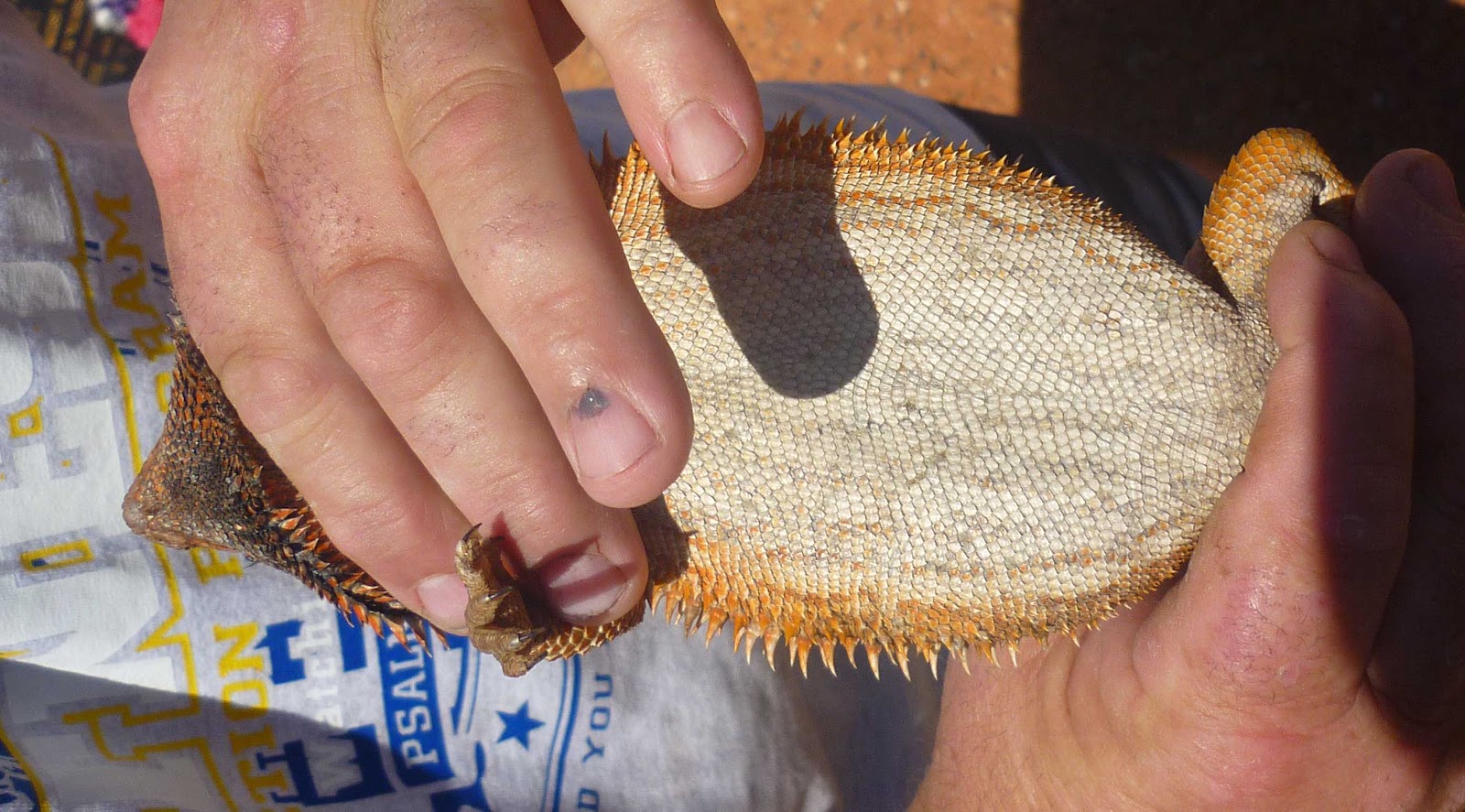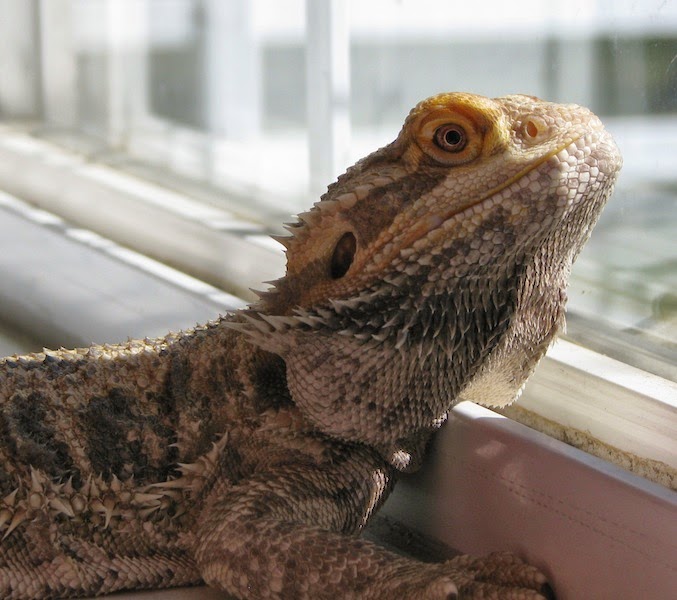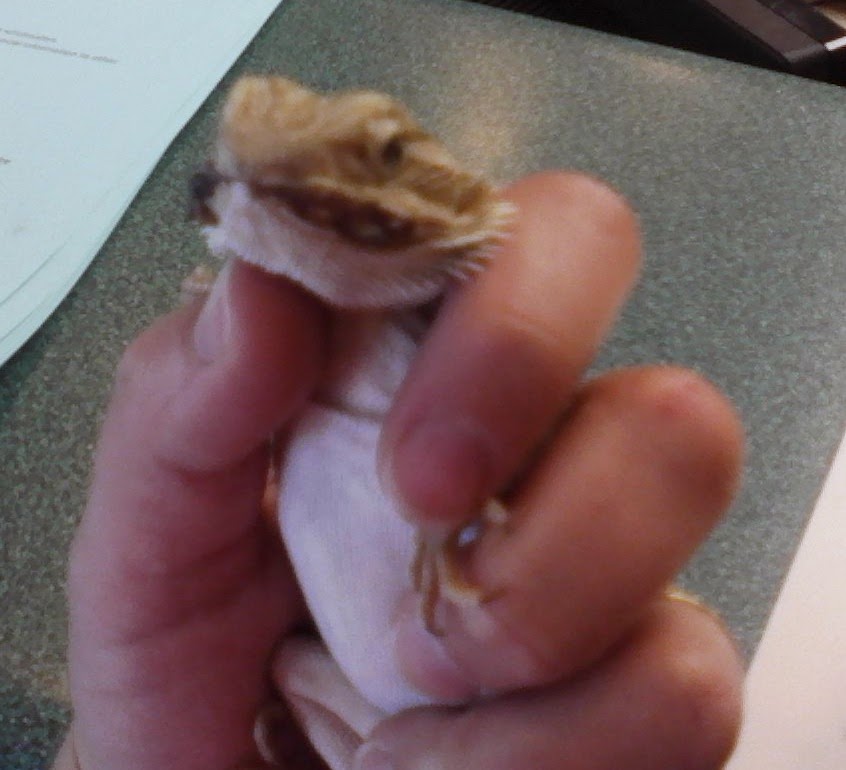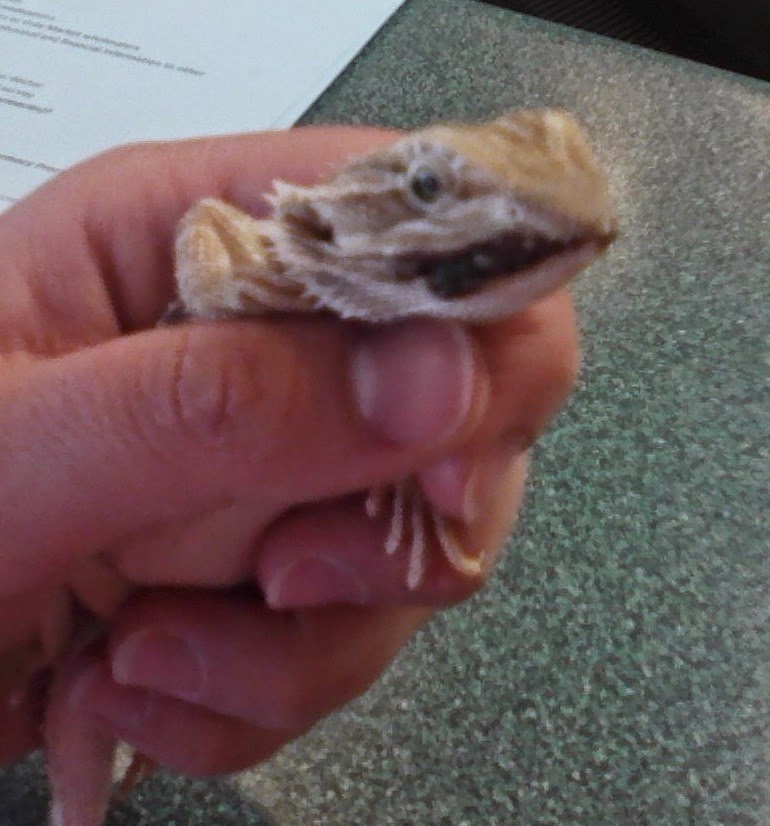The Ultimate Guide to Bearded Dragon Mouth Rot Treatment: Causes, Symptoms, and Solutions
Introduction to Bearded Dragon Mouth Rot
Bearded dragons are popular reptile pets that require proper care and attention to stay healthy. Among the various health concerns that bearded dragon owners may encounter, mouth rot is a common one. Also known as infectious stomatitis, mouth rot is a bacterial infection that affects the gums, tongue, and tissues in the mouth.
If left untreated, mouth rot can cause pain, difficulty in eating, and even death. However, with proper care and treatment, it can be managed effectively. This guide will provide you with everything you need to know about bearded dragon mouth rot, including its causes, symptoms, and treatment options.
Causes of Bearded Dragon Mouth Rot
Mouth rot in bearded dragons is caused by a bacterial infection. The bacteria responsible for this infection are typically found in the mouth of healthy dragons, but they can become too numerous and cause an infection if the dragon’s immune system is compromised due to stress, poor diet, or improper environmental conditions.
Some of the common causes of bearded dragon mouth rot include:
- Poor hygiene and sanitation in the dragon’s environment
- Inadequate lighting and heating
- Stress due to overcrowding or lack of hide spots
- Injuries to the mouth or head area
- Poor diet and lack of proper nutrition
- Underlying health conditions such as metabolic bone disease
Symptoms of Bearded Dragon Mouth Rot
It’s important to recognize the symptoms of bearded dragon mouth rot early on, as prompt treatment can prevent the infection from spreading and becoming more severe. Some of the common symptoms of mouth rot in bearded dragons include:
- Swollen and reddish gums and oral tissues
- Pus or discharge in the mouth
- Difficulty in eating and loss of appetite
- Lethargy and weakness
- Bad breath or unusual odor
- Discoloration, ulcers, or lesions in the mouth area
Diagnosis of Bearded Dragon Mouth Rot
If you notice any of the symptoms of mouth rot in your bearded dragon, it’s essential to take them to a veterinarian who specializes in reptile care as soon as possible. The vet will conduct a physical examination and may also perform a culture test to identify the specific bacteria that caused the infection.
Treatment of Bearded Dragon Mouth Rot
Treatment for bearded dragon mouth rot typically involves a combination of medication and supportive care. Your vet may prescribe antibiotics to target the bacteria causing the infection, along with pain relief medication to ease discomfort and promote healing.
Aside from medication, you can also take some steps to support your dragon’s recovery, such as:
- Ensure that your dragon is kept in a clean and sterile environment
- Provide adequate lighting and heating to promote healing
- Offer soft and wet foods to ease eating
- Keep your dragon hydrated with water or electrolyte fluids
- Administer medications as prescribed by your vet
It’s essential to follow your vet’s instructions carefully and ensure that your dragon completes the full course of antibiotics, even if their symptoms improve. Failure to do so can cause the infection to relapse or become resistant to the medication.
Prevention of Bearded Dragon Mouth Rot
Prevention is always better than cure when it comes to bearded dragon mouth rot. Some of the steps you can take to prevent this infection include:
- Maintain proper hygiene and sanitation in your dragon’s enclosure
- Ensure that your dragon’s environment has adequate heating, lighting, and humidity
- Provide ample hide spots and appropriate substrate for your dragon to promote comfort and reduce stress
- Offer a nutritionally balanced diet and provide vitamin and mineral supplements as needed
- Monitor your dragon’s health regularly and seek veterinary care promptly if you notice any symptoms of illness
Conclusion
In summary, bearded dragon mouth rot is a bacterial infection that affects the mouth and oral tissues of these reptiles. Although it can be a severe and painful condition, it is treatable with medication and supportive care. With proper prevention and regular veterinary care, you can ensure that your bearded dragon remains healthy and free from mouth rot and other health issues.









